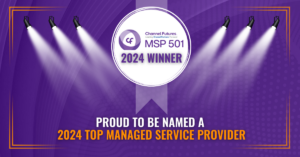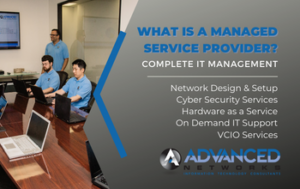
An increasing number of companies are outsourcing patch management to providers of IT consulting in Los Angeles. Why? Let’s take a closer look.
The Role of Patches
Software solutions undergo rigorous testing before they’re deployed to production. However, not every possible use case is tested. Thus, unforeseen problems come up as the number of actual users grow. This is where patches come in. Patches are pieces of code used to update existing software. They often repair bugs and vulnerabilities, but they can also improve features. Aptly named, they’re quick fixes that can work on minor issues.
The Role of Patch Management
Companies use several software solutions to run their business, and each of these solutions has patches that need to be applied. The more software solutions, the more patches, so it’s important for companies to have a strategy for collecting, testing, and applying all of them. This strategy is referred to as patch management. It ensures the process is as organized as possible.
Companies have two options: perform patch management themselves, or outsource it to providers of IT consulting in Los Angeles. The latter is the practical choice for your own company for the following reasons:
Communication
Patches for third-party software solutions come from the vendors. Thus, you must keep contact with them to know when the next set of patches will arrive, and what kind of concerns these will address. But if you’re using multiple solutions, it’s hard to keep tabs on each one of them, especially when you’re busy focusing on your core business. It’s more efficient to outsource patch management to a provider that can communicate with the vendors in a systematic way.
Compliance
California has privacy protection laws which companies should comply with. This means all patches— especially security patches— must be kept up to date. Otherwise, your company may suffer a data breach and end up paying huge fines. It’s too big of a risk to do on your own, so it’s best to work with a provider you can rely on when it comes to patch management. Not only will they ensure the latest patches are applied, but they will also perform regular compliance checks.
Monitoring
Outsourcing to a provider means your systems will get 24/7 monitoring in case there’s an unexpected downtime or threat. Your organization most likely doesn’t have the resources for this round-the-clock vigilance, but your chosen provider does. There’s no need to invest a lot of money in equipment and personnel when you can pay a reasonable amount to someone else who can do the job for you.
Scheduling
Zero downtime patching is the ideal towards which many vendors are striving. Still, some patches require downtime for testing and installation. The downtime can cut into operations, so it’s critical for your company to schedule patching in such a way as to minimize impact. It can be a real challenge to make arrangements for several patches for different solutions, though. Luckily, a provider has the skills strategize the scheduling.
If your company is still doing patch management on its own, consider working with us at Advanced Networks, a trusted provider of IT consulting in Los Angeles. Contact us to learn more about our services.




